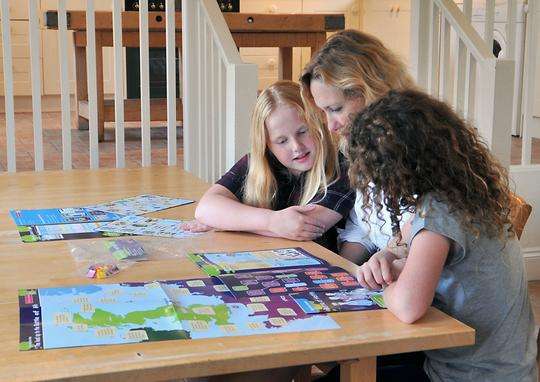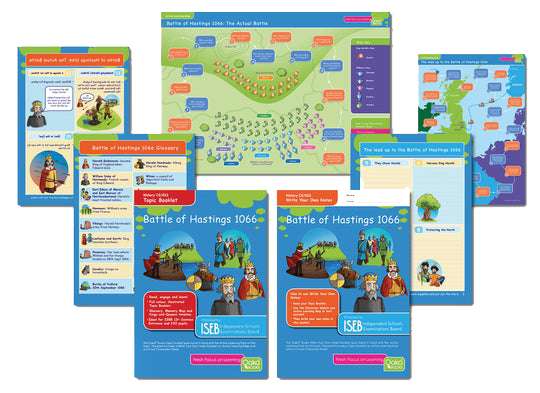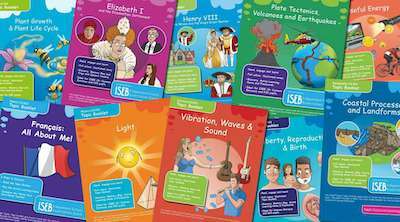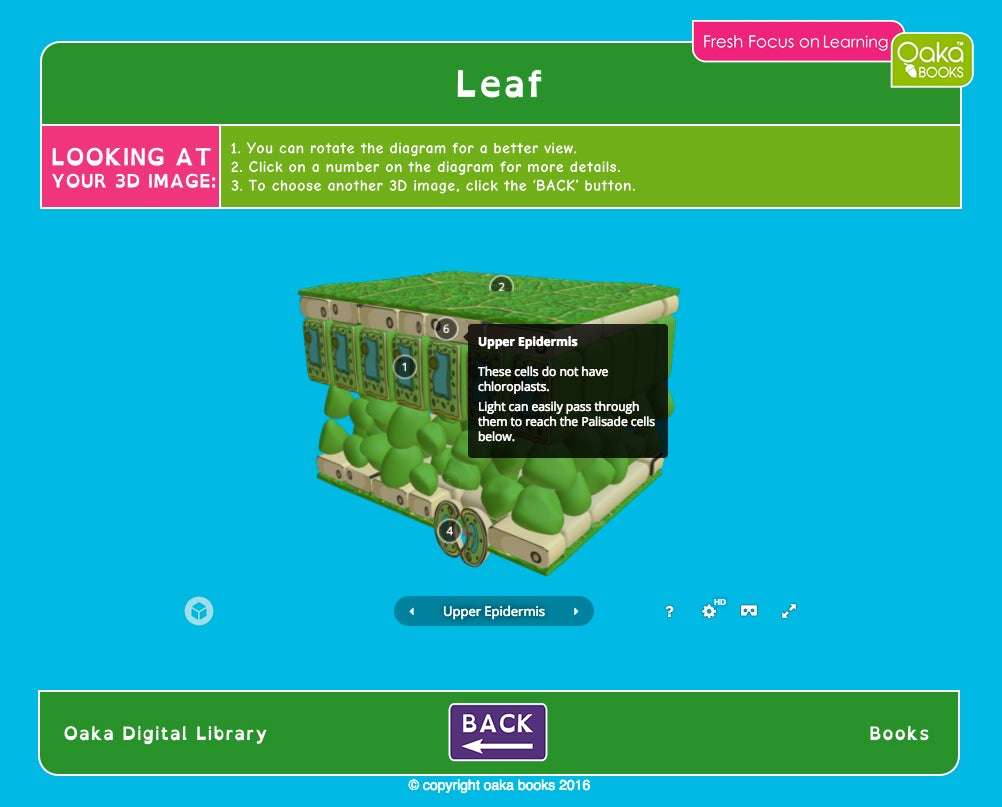At this point in a child’s life exams may be the most stressful thing they have experienced. They don’t have the learned skills or the full emotional and intellectual development to handle the pressure.
More and more schools and families are invoking mindfulness – the practice of self-awareness – to deal with bad behaviour or anxiety around exam time.
Stress and anxiety block the brain from higher functions of impulse control and from recalling the knowledge needed during exams. Similar to the fight or flight reaction it can also involve freezing, a paralysis of the mind and an inability to make decisions. Any of which can be disastrous in an exam situation and cause upset, disappointment and affect future performance and behaviour.
Mindfulness combats that anxiety by promoting a calm and focussed approach that leaves children more aware of what is happening in their minds and bodies. It gives an insight into their emotions that many have not experienced before.
Similar to yoga or meditation, techniques include the body scan where each area of the body is focussed on in turn, noticing emotions, sensations and reactions. This familiarity helps in monitoring changing emotions and reactions and makes recognising these changes more easily in future.
Positive visualisation is used by sports stars to envisage their success and can work similarly with children in an exam setting. Imagining success gets the right parts of the brain activated and creates a success feedback loop rather than focussing on negative feelings that become a self-fulfilling prophecy.
With this newfound awareness of their physical and mental reactions children can interrupt rising feelings of stress by “going to a happy place” and falling back on nice memories of holidays or celebrations. This can be enough to break the cycle and restore them to confidence and calm.
Mindfulness can be promoted by parents or teachers and has much to offer a student in coping with the pressure of exams.





